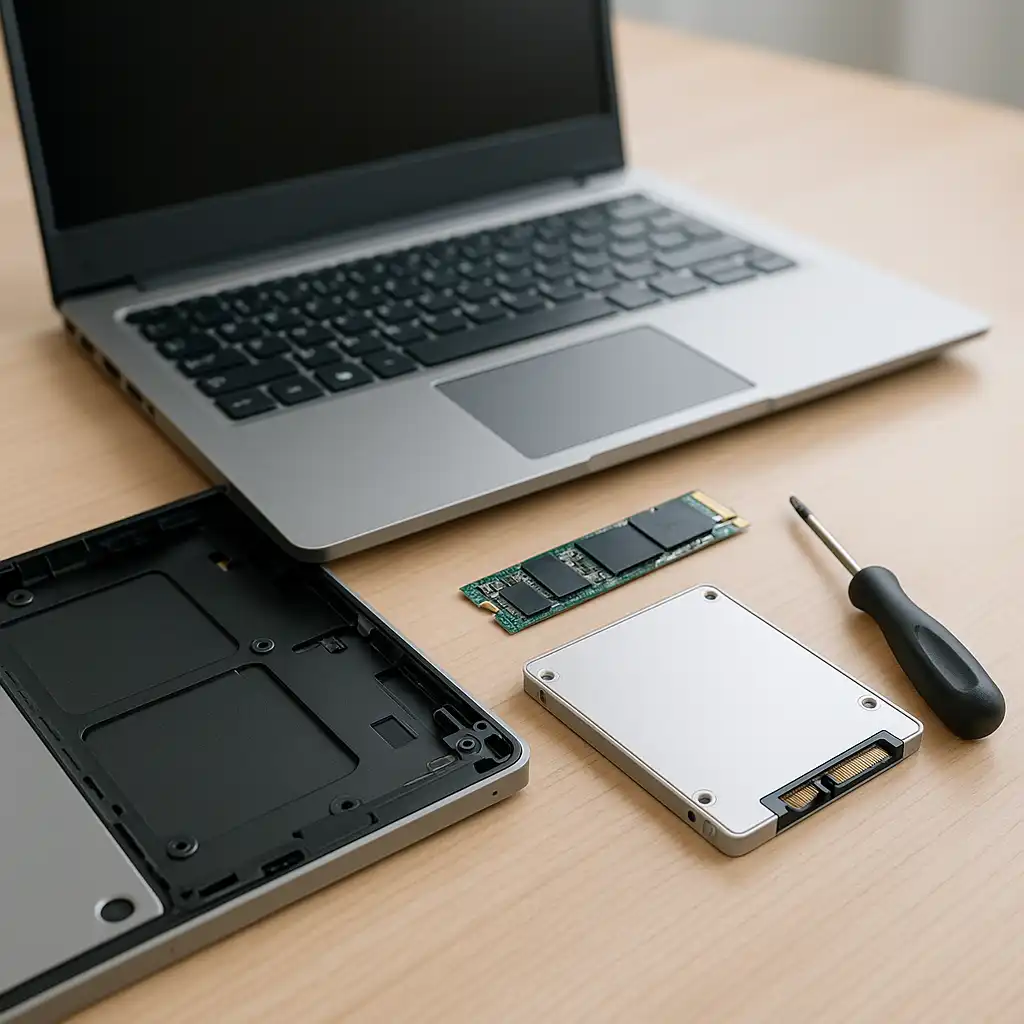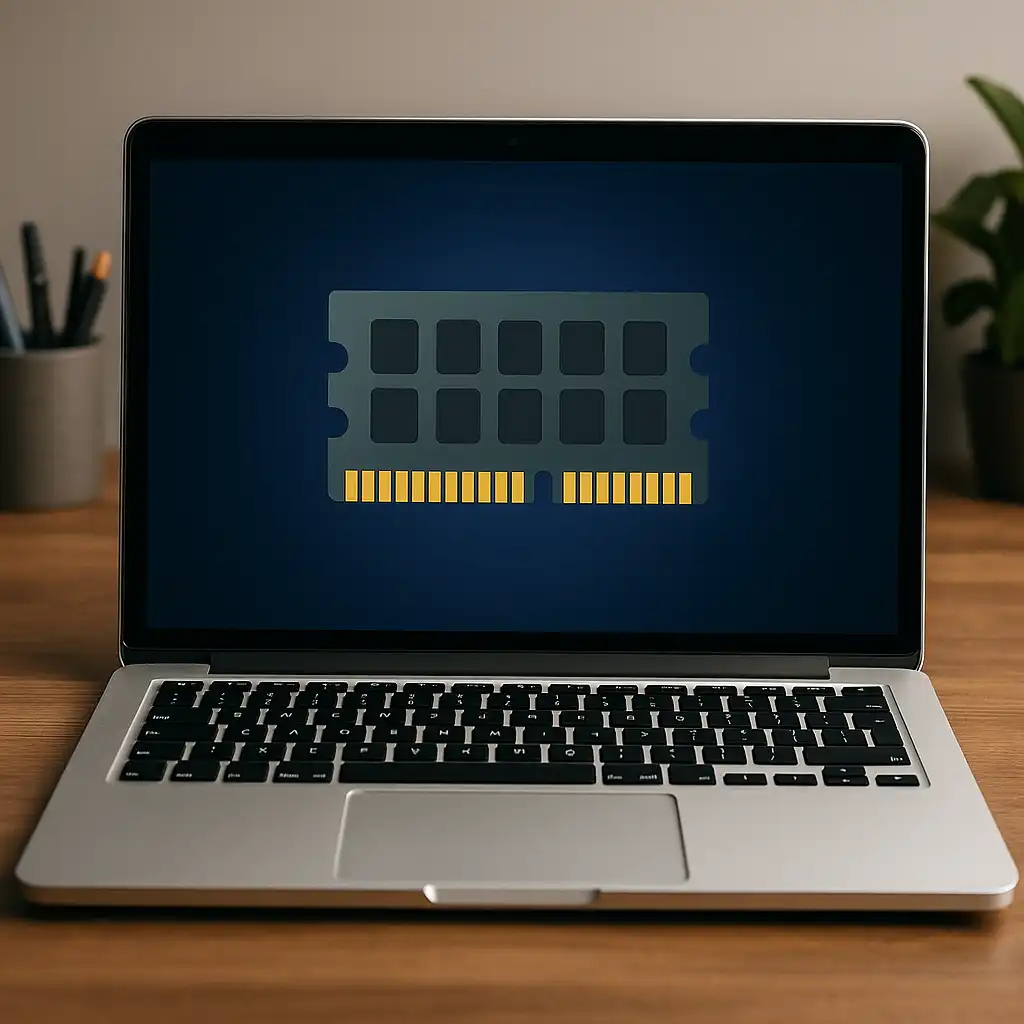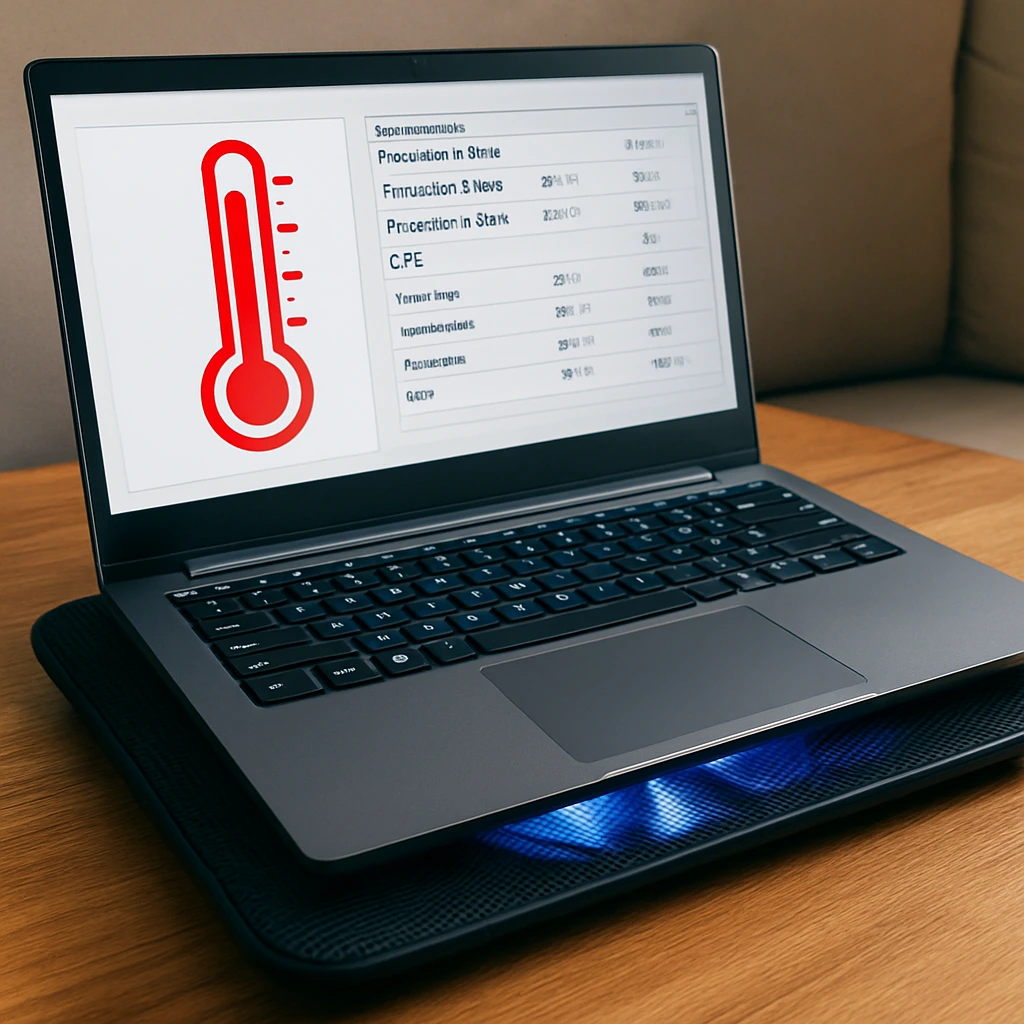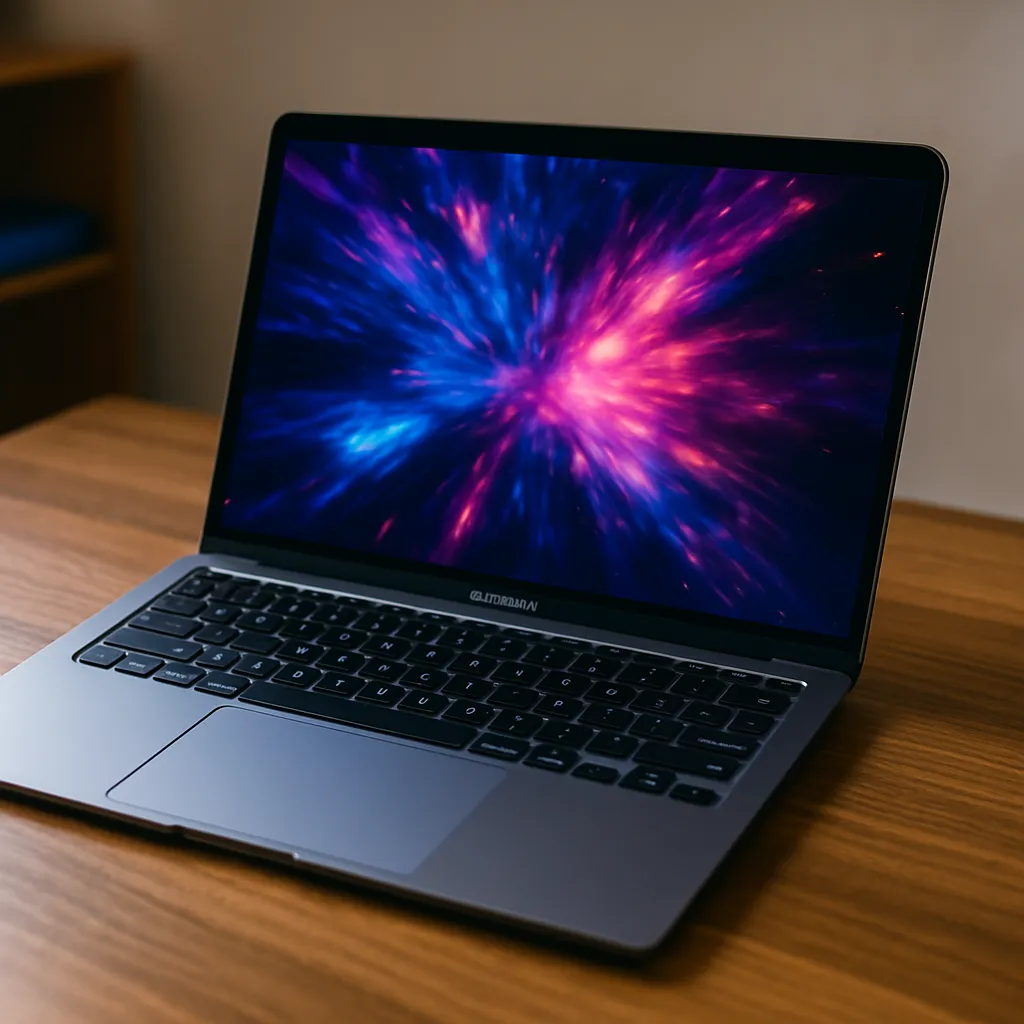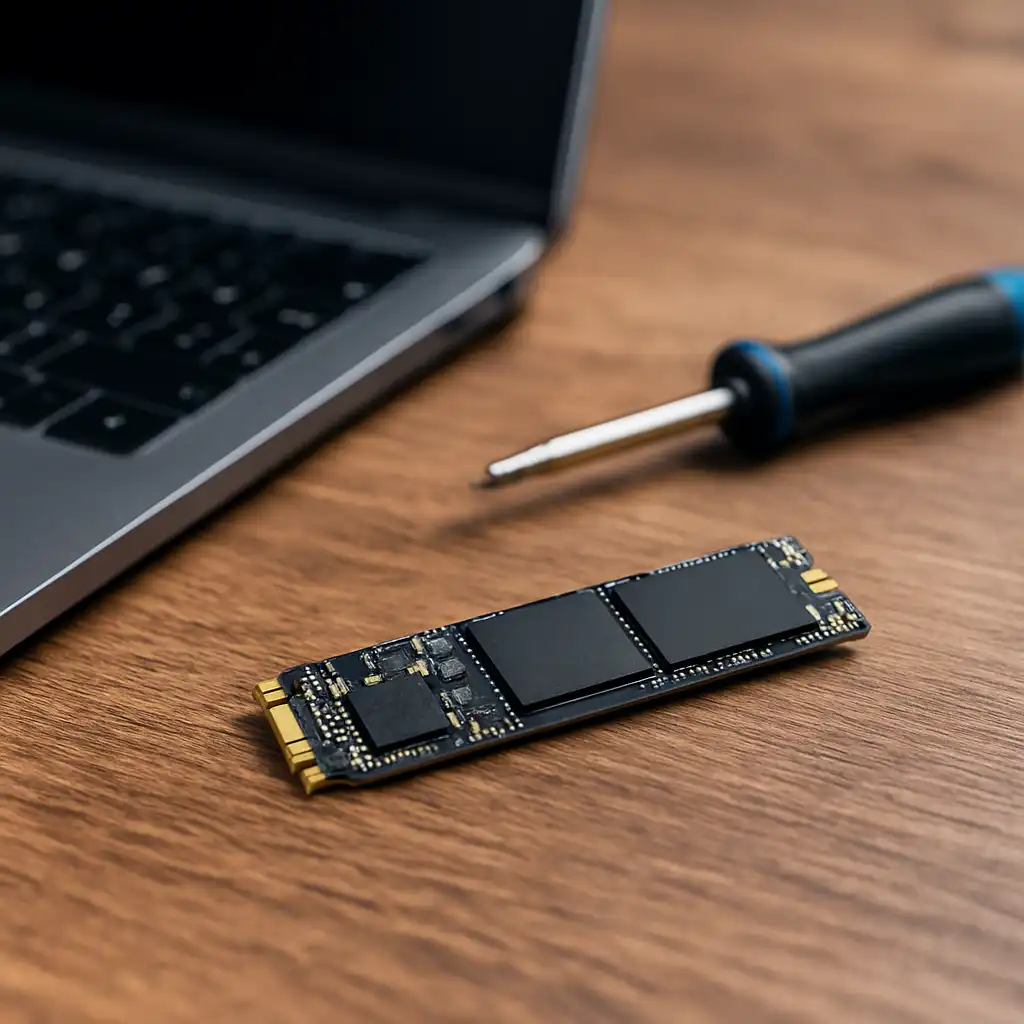Does SSD Improve Laptop Performance? (Clear, Simple Breakdown)
Disclosure: This post contains affiliate links. LaptopVoyager.com participates in the Amazon Associates Program and may earn commissions on qualifying purchases, at no extra cost to you.
Last Updated: November 2025
If your laptop feels slow or takes a long time to boot, the storage drive is often the biggest reason. Many older laptops still use mechanical hard drives, and those moving parts slow everything down. Switching to an SSD removes that bottleneck and makes your laptop feel faster right away.
👉 If you’re exploring upgrade options, check our guide on the best laptop SSD upgrades for boosting overall performance.
🔍 Why SSDs Make Laptops Much Faster
Hard drives need to spin and physically read data, which takes time. SSDs store everything on fast flash memory, so your laptop accesses files instantly. That’s why apps open quickly, Windows loads in seconds, and your system feels more responsive overall.
Even older laptops get a noticeable speed improvement with an SSD, especially if you multitask or work with large files.
👉 Need a clearer comparison? Our breakdown of SSD vs HDD performance differences explains it simply and directly.
🔍 Everyday Improvements You’ll Notice
Once you install an SSD, everyday use feels smoother. Your laptop boots quickly, apps open without delays, and browser tabs stop freezing. If you often work with photos, videos, large documents, or code, loading them becomes much faster.
These upgrades are especially noticeable on fast AMD laptops for everyday performance, where SSD speed helps the system stay responsive even when multitasking or handling larger files: fast AMD laptops for everyday performance
Gamers also benefit from quicker level loads, faster texture streaming, and fewer small stutters in open-world titles.
🔍 Does an SSD Improve Multitasking?
Yes — in a big way. Because SSDs access data quickly, your laptop doesn’t hesitate when switching between apps or opening multiple windows. Tasks that used to take several seconds now happen almost instantly.
This helps students, remote workers, and creators who juggle multiple programs throughout the day.
🔍 What About Battery Life and Heat?
SSDs run more efficiently than mechanical hard drives. They use less power, which can slightly extend battery life, and they produce less heat. With no moving parts, they also stay silent while you work, which makes the whole experience feel smoother.
📌 Key Takeaways
- SSDs make laptops boot faster and respond instantly.
- Multitasking becomes smoother and more reliable.
- SSDs run cooler, quieter, and use less power than hard drives.
- Older laptops feel significantly faster after an SSD upgrade.
- It’s one of the easiest upgrades with the biggest performance payoff.
🟢 FAQs
Q: Does an SSD really make a big difference?
Absolutely. Most users notice the improvement right away — from startup to everyday browsing.
Q: Will an SSD improve gaming performance?
It won’t increase FPS, but it speeds up loading and improves texture streaming.
Q: Is installing an SSD difficult?
Most laptops have an M.2 or 2.5-inch slot, making installation quick and beginner-friendly.
Q: Does an SSD help battery life?
Yes — SSDs draw less power, which can add a little extra runtime.
✅ Conclusion
So, does an SSD improve laptop performance? Without a doubt. Whether you’re speeding up an aging machine or boosting a newer one, an SSD makes Windows feel more responsive, reduces waiting time, and improves your overall experience. It’s a simple upgrade that delivers an impressive payoff.


